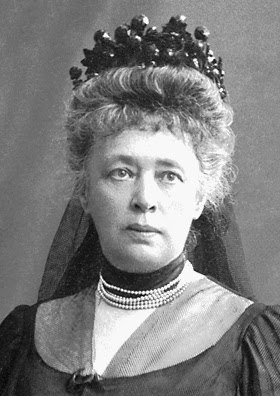Musilese VIII
Or a few Musil-bullets: "How things might turn out! That's always the way with you; it would never occur to you to wonder how things should be." It was essentially the same conversation he had had with Diotima, with only superficial differences. Nor did it make much difference which woman happened to be sitting there facing him; a body, introduced into a given magnetic field, invariably sets certain processes in motion. "Why on earth should I feel called upon to write a book?" Ulrich objected. "I was born of my mother, after all, not an inkwell." In this fashion Arnheim spoke with disapproval of desire, even as he felt it struggling like a blinded slave in the cellar. The moment we speak, certain doors begin to close; language works best for what doesn't really matter; we talk in lieu of living. . . ."



